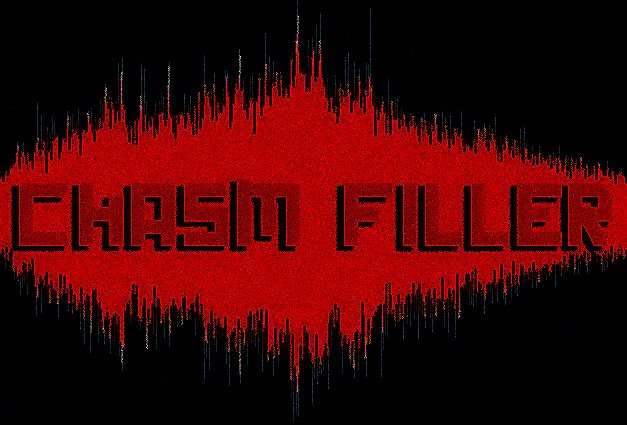
Nucleus's first, another excellent offering.
"When Carr brought together keyboardist/oboist Karl Jenkins, saxophonist/flautist Brian Smith, guitarist Chris Spedding, bassist Jeff Clyne and drummer John Marshall, established musicians all, to record Nucleus' first record, Elastic Rock , one doubts that he could have envisioned the impact the album would have, not only on the British scene, but on the international stage as well. A few short months after recording their first record they won the top award at the Montreux Jazz Festival and found themselves playing at the Village Gate in New York, to an audience who was wondering exactly what it was they were hearing. And if it weren't for a manager's greediness, Elastic Rock would have seen Stateside release, and the broader history of fusion might have been coloured a different way. But sadly that didn't happen and Nucleus, after an initial flurry of activity on the North American scene, ultimately returned to England where they maintained a successful career there and on the European continent, for the next ten years or so.
From the opening burst of Jenkins' "1916," with its anthemic horn-line supported by Marshall's flurry of activity, it is clear that something new is happening. The album as a whole, while incorporating certain elements of rock rhythms, is a more relaxed affair than what was to come later. If a comparison must be made, then Miles' In a Silent Way is a precedent, although Carr claims not to have heard it at the time of recording, which just continues to reinforce the reality that advances in music come from many sources and usually at the same time. Like In a Silent Way , Carr chose to build side-long continuous suites of music, although there is less reliance on hypnotic groove and more on composed melodies, mostly from the pen of Jenkins, who would write the majority of Nucleus' first two records. And while there are some similarities between the trancelike groove of "Torrid Zone" and "Shhh/Peaceful," there are differences as well. While "Shhh/Peaceful" would rest on a certain ambience for nearly an entire side, "Torrid Zone" would lead into "Stonescape," a more conventional ballad, albeit played with a certain elasticity in time by Marshall. Segueing into "Earth Mother," Jenkins delivers an oboe solo over a group improvisation that, as rocky as it gets, is still relatively subdued compared with their next album, We'll Talk About It Later , which was recorded eight months later in September '70." - John Kelman



No comments:
Post a Comment